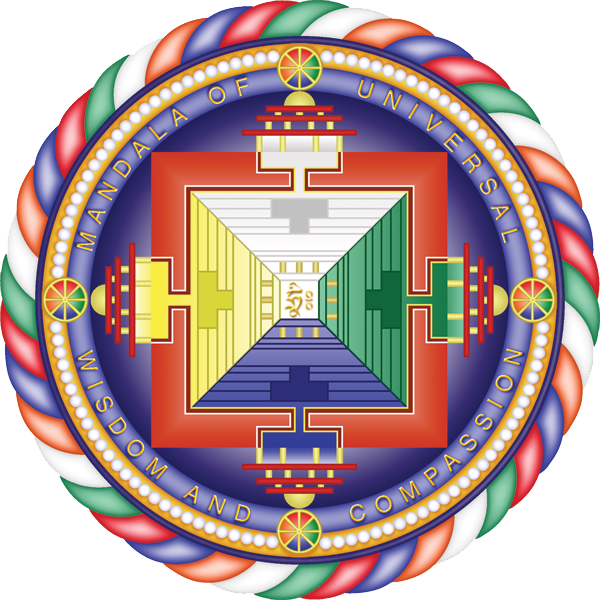Discover the workings of the mind and the mechanisms of suffering and happiness. Unlock your potential for mental balance, compassion and wisdom.
![]() An FPMT Introductory Course
An FPMT Introductory Course
Are we free to choose what we pay attention to? How to be able to choose? Can we increase our mental balance? How to live a healthy emotional life?
We will explore such questions from an experiential point of view, using both scientific and Buddhist knowledge of the mind and meditation, in a journey that may translate into increasing lasting happiness and a positive impact on oneself, others, and the world.
The course “Transforming the mind to cultivate lasting happiness” explores what meditation is and focuses on calming the mind and refining attention with the breath, a healthy emotional life, and enhancing wholesome emotions and mental states as first foundations for cultivating lasting happiness. It is complemented by references to current scientific understanding on attention training, well-being, empathy, and emotions.
The Journey
“Transforming the mind to cultivate lasting happiness” gradually unfolds as a journey along different topics:
- Settling the mind and focusing attention with the breath explains breathing meditation to settle the mind and focus our attention, as a way to choose were we pay attention to and balance the mind.
- Stabilizing and analytical meditation challenges some common notions about meditation and explores how to use our capacity to observe and analyze to enhance wholesome mental states and attitudes.
- Working with emotions explores emotions, how some of them can be challenging or disturbing, and strategies to work with them.
- Emotions and afflictions further deepens into it by presenting the Buddhist perspective on emotions and afflictions.
- A healthy emotional life explores how regulating emotions is not only about dealing with the challenging ones, but also about gaining perspective over our own views and enhancing wholesome emotions and mental states.
- Bringing the practice to daily life concludes with bringing more awareness to our emotions and to activities in daily life.
Requirements and Approach
There are no particular requirements to join this course.
The course is intended to address the needs of modern students, with a fact-based approach to the study of the mind and meditation:
- It develops with a gradual approach that emphasizes practical integration in daily life.
- It focuses on both Buddhist and scientific perspectives of the mind and meditation, in dialogue in the fields of meditation, the mind, compassion, or well-being, amongst others.
- It is intended to provide meditation techniques to help people have more meaningful, beneficial, and happier lives.
- It is designed for people who may or may not have experience with secular or other forms of meditation.
Structure of the Course
Sessions
Each module consists of three or four 1.5-hour online sessions and can be engaged as a stand-alone course. They include explanations, exercises, reflection, debate, meditation, and time for Q&A. Recordings of the sessions will be made available to students.
Homework
During the week, students will be encouraged to keep a meditative practice, to read through some of the materials, and to complete some exercises. Even though this is not mandatory, it is highly encouraged as this will help make this course practical and relevant.
Materials
The course includes a Course Manual with readings, exercises and meditations, as well as recorded meditations. Slides used during the sessions will be made available to students.
Schedule
The sessions The different modules will be held on Friday on the following dates:
- Module 2 – 3, 10, 17 May 2024
Depending on the place where you reside, the timings of the sessions are:
- Europe (Centre de meditació Tushita): 7 – 8:30 PM (CET)
- USA, East Coast (Shantideva Center and Kadampa Center): 1 – 2:30 PM (EST)*
(* Daylight Savings Time changes might change the EST times on certain weeks, as EU countries and USA do not always do such change on the same week.)
Buddhist Mind Science: Activating Your Potential
This short course is a part of the FPMT «Buddhist Mind Science: Activating Your Potential» series, which introduces the Buddhist knowledge of the mind and meditation to provide practical techniques and insight on the mechanisms of suffering and happiness, finding purpose and mental balance, and how to discover and activate our inner potential for warmheartedness and wisdom, including a comparative modern scientific perspective and with the aim to contribute to the welfare in this world.
- See the Extensive Presentation of the Course and Syllabus.
- Visit the page with the description of the complete «Buddhist Mind Science: Activating Your Potential» series.
This program is offered jointly by:
Inscripción y más detalles
directamente en la web del centro

